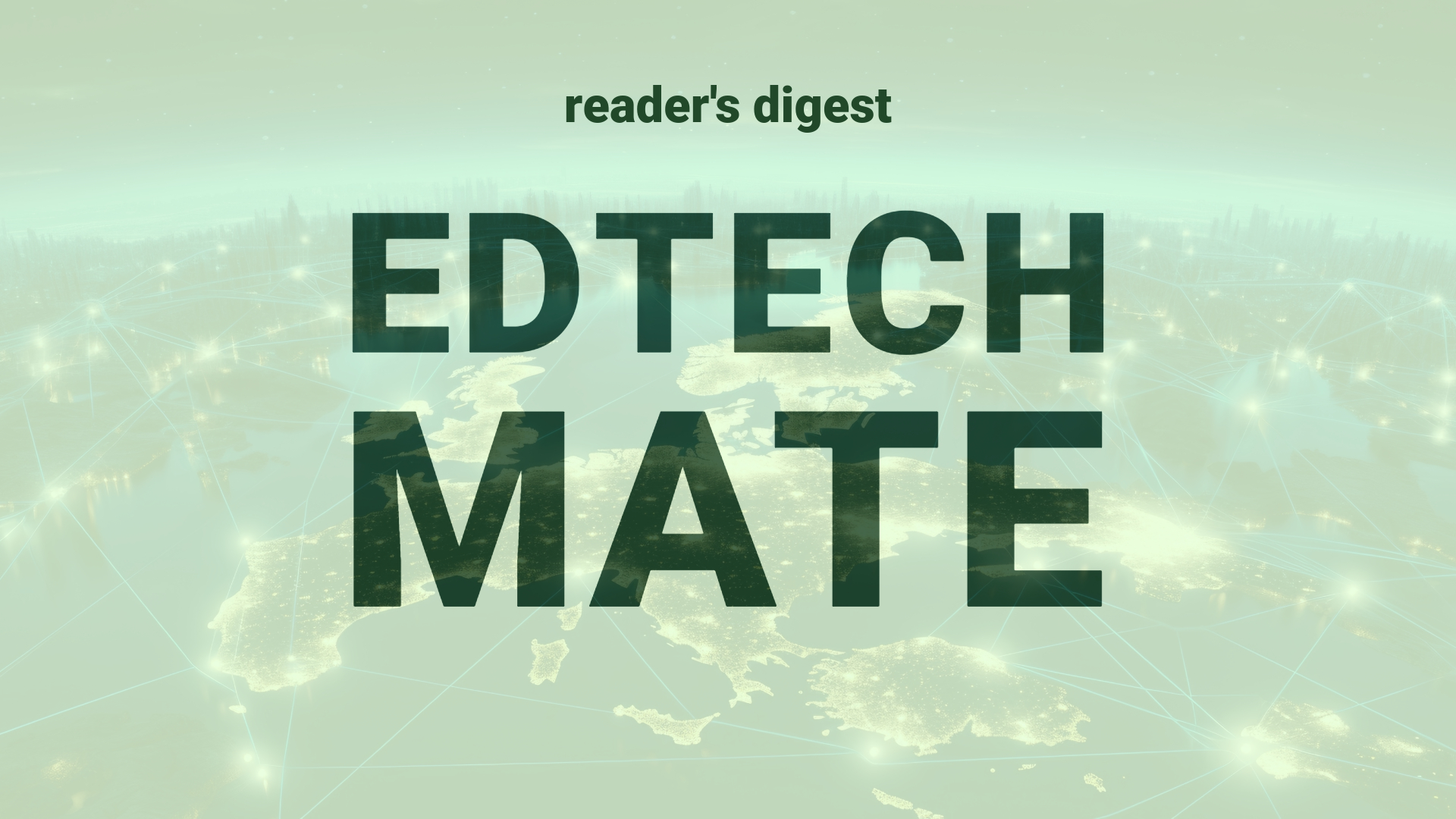Executive Summary and Main Points
In reviewing the current landscape of education technology news and its implications for global higher education, we observe a strong drive towards sustainability, inclusive growth, and responsible practices. Innovations in digital transformation are aimed at fostering decarbonization within the sector, while also ensuring that educational systems reflect community diversity. By leveraging digital tools, higher education can lead the way in ethical and accountable operations, setting new standards for data protection and professional conduct.
Potential Impact in the Education Sector
The ongoing developments have the potential to substantially shape Further Education, Higher Education, and the realm of Micro-credentials. By engaging in strategic partnerships, these educational institutions can accelerate their progress towards net zero, benefiting from sector-specific knowledge and insights. The digitalization wave offers a pathway towards creating more inclusive institutions that are adaptive to economic growth and can provide broader access through digital platforms, thus widening their reach. Similarly, micro-credentials could become a tool for professionals to engage in learning aligned with these values and practices.
Potential Applicability in the Education Sector
Innovative applications involving AI and Education Technology in the global education sector could take various forms. AI could be used for optimizing resource usage, thereby contributing to sustainability goals. Digital tools might also facilitate inclusive learning environments via adaptive learning technologies that cater to diverse student needs, helping to build workforces that mirror community demographics. Furthermore, embedding ethical practices into curriculum design and delivery through AI could reinforce responsible standards across academic and professional domains.
Criticism and Potential Shortfalls
Despite the optimistic outlook, it is essential to address potential criticisms such as privacy concerns, biases in AI algorithms, and the digital divide. Real-world case studies, such as differing access levels to technology in various regions, highlight the need for careful implementation to avoid exacerbating existing inequalities. Ethical and cultural considerations must be balanced, ensuring that these technological advances do not impinge upon local practices or diminish the human element in education.
Actionable Recommendations
To embrace these technologies effectively, it is recommended that education leaders pursue multi-stakeholder collaborations that align with their sustainability and inclusivity goals. Investment in broadband infrastructure and efforts to bridge the digital divide are crucial. Furthermore, curricula should integrate digital literacy and AI ethics to prepare students for a rapidly evolving tech landscape. Pilot projects leveraging AI for campus sustainability or creating inclusive digital platforms for remote learning could serve as valuable testbeds for further expansion.
Source article: https://www.mckinsey.com/about-us/social-responsibility/esg-report-2023

